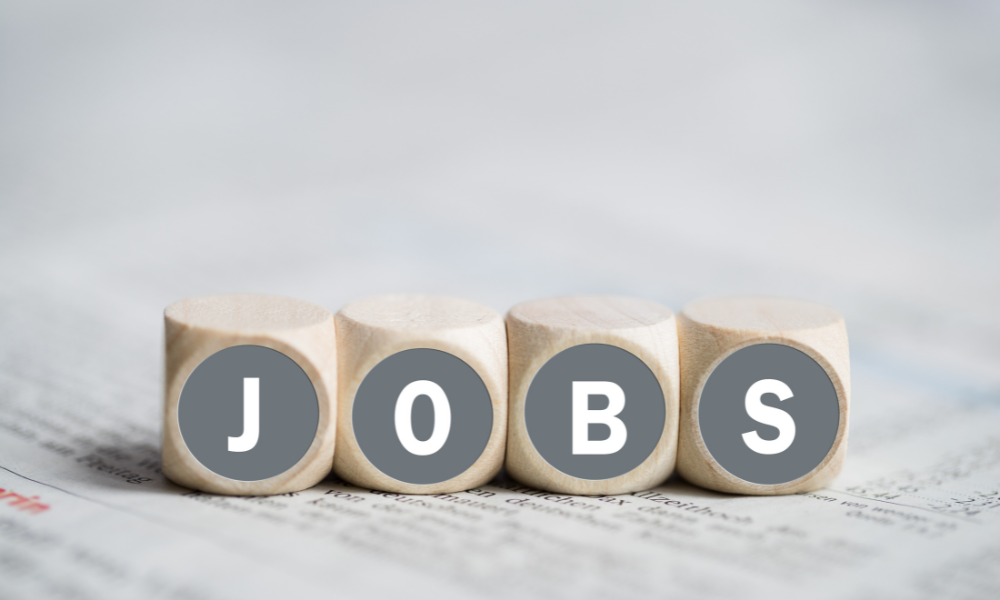


But exposure to AI does not necessarily mean job loss for workers, says Mehdi.
“What we’re talking about is AI exposure, which isn’t necessarily the same thing as risk of job loss. So, a job being highly exposed to AI doesn’t necessarily imply a higher risk of job loss. At the very least, it could mean some degree of job transformation… meaning that certain day-to-day tasks might evolve as a result of AI.”
Generative artificial intelligence (GenAI) is more widely implemented in global organizations compared to other AI applications, according to a previous report.
Of the 60% mentioned earlier, half are in jobs that might be highly complementary with AI, such as teachers, nurses, doctors, and engineers, said Mehdi in the podcast by StatCan.
“Generally speaking, these are jobs which involve a high degree of communication skills. For example, doctors make consequential decisions about other people’s health all the time. AI might be able to be used by doctors to help them diagnose diseases, perform surgery, but ultimately, human oversight will still be needed in these jobs where there’s so little room for error.